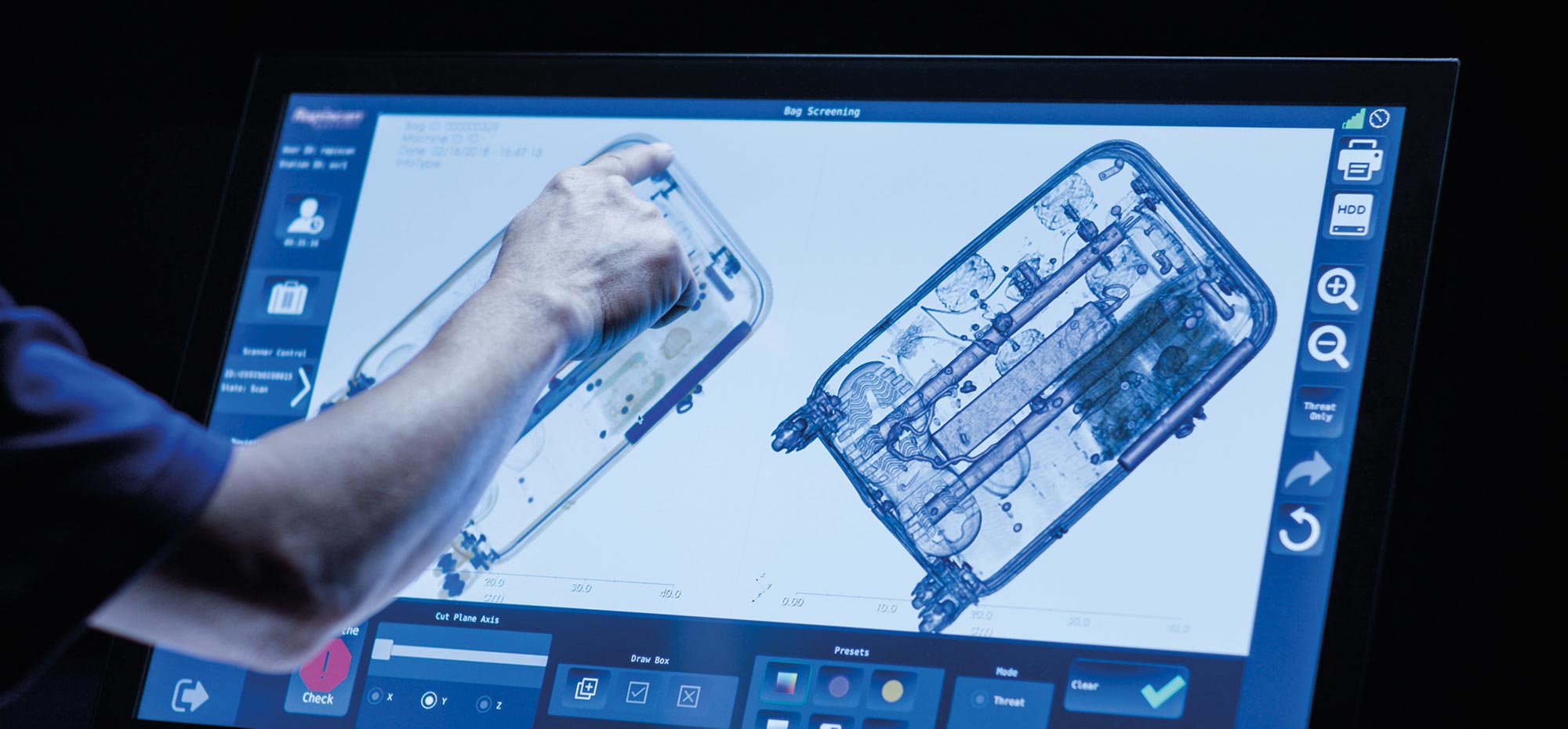Dar es Salaam. The Tanzania Instant Payments System (TIPS), the national real-time retail payment switch developed by the Bank of Tanzania (BoT), is rapidly transforming the country’s financial landscape.
In 2024 alone, the system processed over 490 million interoperable transactions valued at more than Sh15.7 trillion, highlighting its growing role in deepening financial inclusion.
Launched to replace the earlier bilateral interoperability arrangements among mobile network operators, TIPS facilitates instant, seamless, and low-cost digital payments between Digital Financial Services Providers (DFSPs)—both banks and non-banks.
“TIPS is not just about payment efficiency. It’s a long-term solution to ensure that no Tanzanian is left behind in the digital financial space. The system brings everyone onto the same platform regardless of who they bank with or the network they use,” says BoT in a report entitled Building an Inclusive Payments Ecosystem in Tanzania through TIPS: Case Study released recently
Tanzania has, over the last two decades, made remarkable progress in expanding access to financial services, driven in large part by the rapid adoption of mobile money.
According to the Tanzania Communications Regulatory Authority (TCRA), the number of active mobile money wallets reached 63.2 million by the end of 2024.
The mobile money journey in Tanzania began in earnest in the late 2000s, following an enabling regulatory framework.
The BoT Act had been amended in 2006, to allow the central bank to regulate non-bank financial service providers.
This was followed by the issuance of a “letter of no objection” by the BoT in 2007, which cleared the way for mobile money services to operate legally in the country.
“From the beginning, we embraced a ‘test and learn’ approach,” BoT says in the report.
“We allowed providers to innovate and experiment, while the central bank observed, learnt, and gradually developed appropriate regulatory responses. That flexibility laid the foundation for the growth we see today.”
Initially, mobile money services supported only basic functions within closed networks. Interoperability came later, beginning with bilateral agreements between two operators in 2014.
Although eventually adopted by all seven mobile operators, the bilateral model had its limitations, including high transaction costs and technical fragmentation.
“To ensure broader access and address persistent challenges, we had to move beyond fragmented arrangements,” says the BoT.
“That’s when the idea of a centralised instant payment switch—TIPS—took shape.”
Development of TIPS officially began in 2018, as part of the implementation of BoT’s Payment System Vision and Strategy 2017–2028.
It followed design principles of the Level One Project (L1P), with financial and technical support from the Financial Sector Deepening Trust and the Bill and Melinda Gates Foundation.
“Collaboration was key. We worked with commercial banks, mobile operators, fintechs, and government agencies to ensure that TIPS was designed to serve the needs of the entire ecosystem,” the BoT notes in the report.
It adds: “From settlement models to pricing frameworks and governance structures, each element was carefully considered. TIPS was not rushed—it was built step by step, with input from all corners of the sector.”
TIPS now processes an average of 1.5 million transactions per day.
The system is capable of handling three times that volume, with room to expand further as demand grows. As of the end of 2024, 45 DFSPs were already connected to the platform.
BoT retains oversight of the system, but decision-making is shared through a governance committee made up of banks and non-bank players.
This inclusive approach aims to ensure fairness, competition, and transparency.
“Our goal is to maintain affordability while promoting innovation. By ensuring that even the smallest fintechs can access the platform on equal footing with large banks, TIPS is helping to level the playing field,” the BoT says.
Despite initial challenges, including delays caused by commercial negotiations, TIPS has largely remained on track.
Phased implementation and agile development methodologies have allowed the system to evolve gradually, incorporating feedback and adapting to shifting market demands.
“We are constantly learning and improving. Each rollout gives us insights that shape the next. TIPS is a living system—it will continue to grow, refine, and adapt,” the BoT adds.
As Tanzania seeks to reduce cash dependency and foster a more inclusive digital economy, the success of TIPS represents a significant leap forward.
Beyond its technical sophistication, the system’s real value lies in its ability to empower individuals, connect businesses, and facilitate secure, instant financial interactions across the country.







